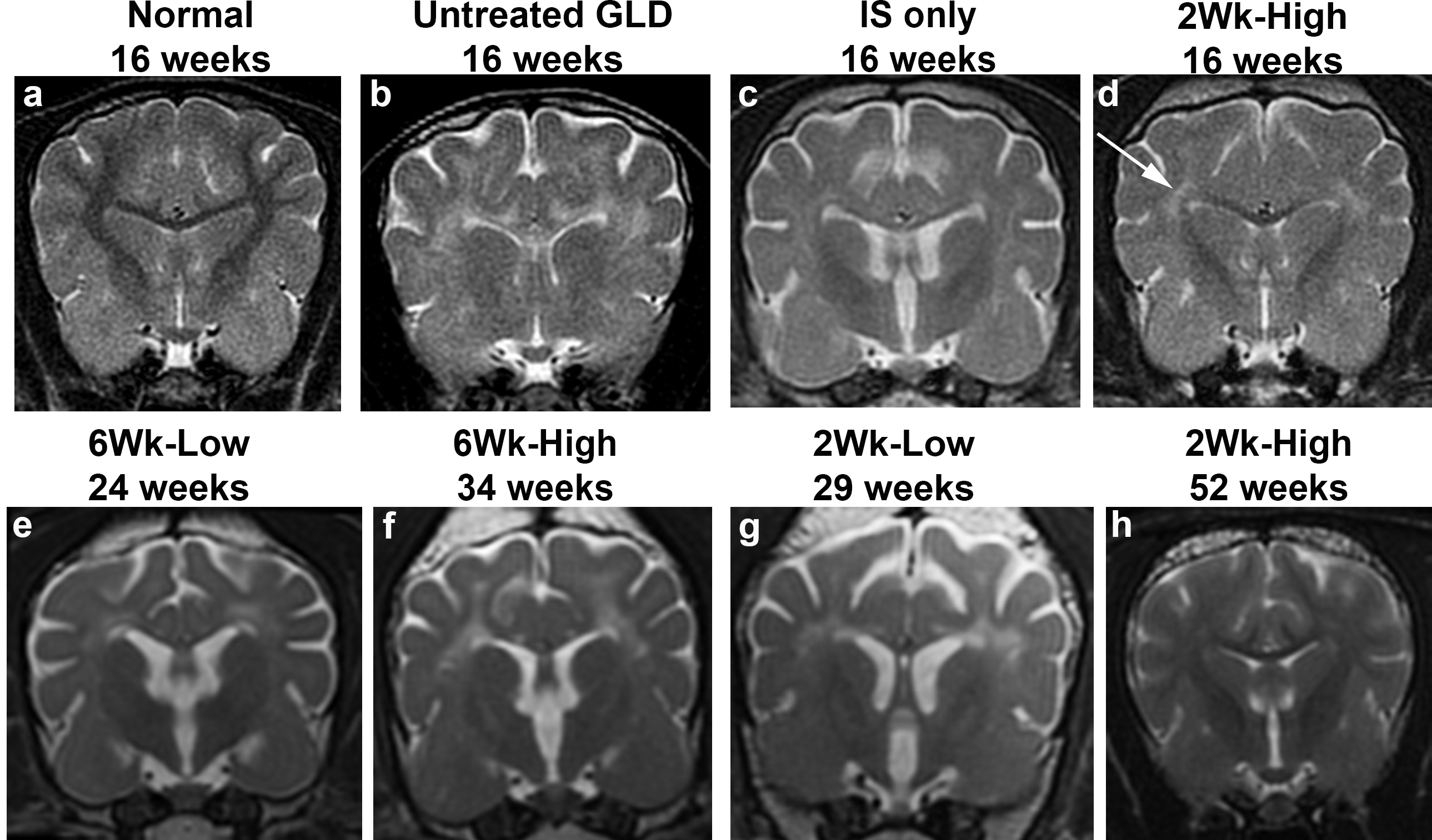Antwort What disease has no cure? Weitere Antworten – How many uncured diseases are there
Cumulatively, there are more than 10,000 rare diseases affecting more than 30 million Americans. NORD is committed to the identification, treatment, and cure of rare diseases through education, advocacy, research, and service programs.Alzheimer's disease is a brain disorder that slowly destroys memory and thinking skills and, eventually, the ability to carry out the simplest tasks. In most people with the disease — those with the late-onset type symptoms first appear in their mid-60s.Still, scientists don't yet fully understand what causes Alzheimer's disease in most people. The causes probably include a combination of age-related changes in the brain, along with genetic, environmental, and lifestyle factors.
What causes dementia : It is caused by changes in the brain, including abnormal buildups of proteins known as amyloid plaques and tau tangles. Frontotemporal dementia, a rare form of dementia that tends to occur in people younger than 60.
What is the deadliest disease
COVID-19 was the most deadly infectious disease in 2022, followed by tuberculosis, according to a Statista report. The report used World Health Organization data to determine the global deaths for four infectious diseases in 2022. Here are the top four infectious disease by number of deaths: COVID-19: 1.24 million.
What is the rarest disease ever : RPI Deficiency
This is considered to be the rarest disease in the world. Ribose-5-Phosphate Isomerase (RPI), is a crucial enzyme in a metabolic process in the human body. This condition can cause muscle stiffness, seizures, and reduction of white matter in the brain.
The rate of progression for Alzheimer's disease varies widely. On average, people with Alzheimer's disease live between three and 11 years after diagnosis. But some live 20 years or more. The degree of impairment at diagnosis can affect life expectancy.
Even if you don't have a diagnosed sleep condition, the memory-strengthening stages of sleep begin to decline in your 30s. Combine that with the lack of sleep associated with raising young children, and your memory may struggle.
How to avoid Alzheimer’s
Here's what you can do:
- Prevent and manage high blood pressure.
- Manage blood sugar.
- Maintain a healthy weight.
- Be physically active.
- Quit smoking.
- Avoid excessive drinking.
- Prevent and correct hearing loss.
- Get enough sleep.
Alzheimer disease usually affects people older than 65. A small number of people have “early-onset” Alzheimer disease, which starts when they are in their 30s or 40s. People live for an average of 8 years after their symptoms appear. But the disease can progress quickly in some people and slowly in others.Age. The strongest known risk factor for dementia is increasing age, with most cases affecting those of 65 years and older.
There is currently no cure for dementia. In fact, because dementia is caused by different diseases it is unlikely that there will be a single cure for dementia. Research is aimed at finding cures for dementia-causing diseases, such as Alzheimer's disease, frontotemporal dementia and dementia with Lewy bodies.
What is the deadliest virus : Using the “case fatality rate” metric to determine what virus is the deadliest, rabies would likely come out on top. That's because, if an infection becomes symptomatic, rabies is fatal to humans in more than 99 percent of cases. Globally, approximately 59,000 people die from rabies every year.
What are the six killer diseases : These six are the target diseases of WHO's Expanded Programme on Immuni- zation (EPI), and of UNICEF's Univer- sal Childhood Immunization (UCI); measles, poliomyelitis, diphtheria, pertussis (whooping cough), tetanus and tuberculosis.
Is 1 in 2000 rare
The term low prevalence is later defined as generally meaning fewer than 1 in 2,000 people. Diseases that are statistically rare, but not also life-threatening, chronically debilitating, or inadequately treated, are excluded from their definition.
The last known natural case was in Somalia in 1977. In 1980 WHO declared smallpox eradicated – the only infectious disease to achieve this distinction.The average life expectancy after diagnosis for someone with Alzheimer's, the most common form of dementia is 10 years. However, dementia progresses differently in everyone, meaning people can live anywhere from 2 years to 26 years after diagnosis.
How long can a 75 year old expect to live : A 75-year-old has an average life expectancy of 12 years. But when Dr. Eric Widera, a geriatrician at the University of California, San Francisco, analyzed census data from 2019, he found enormous variation.








